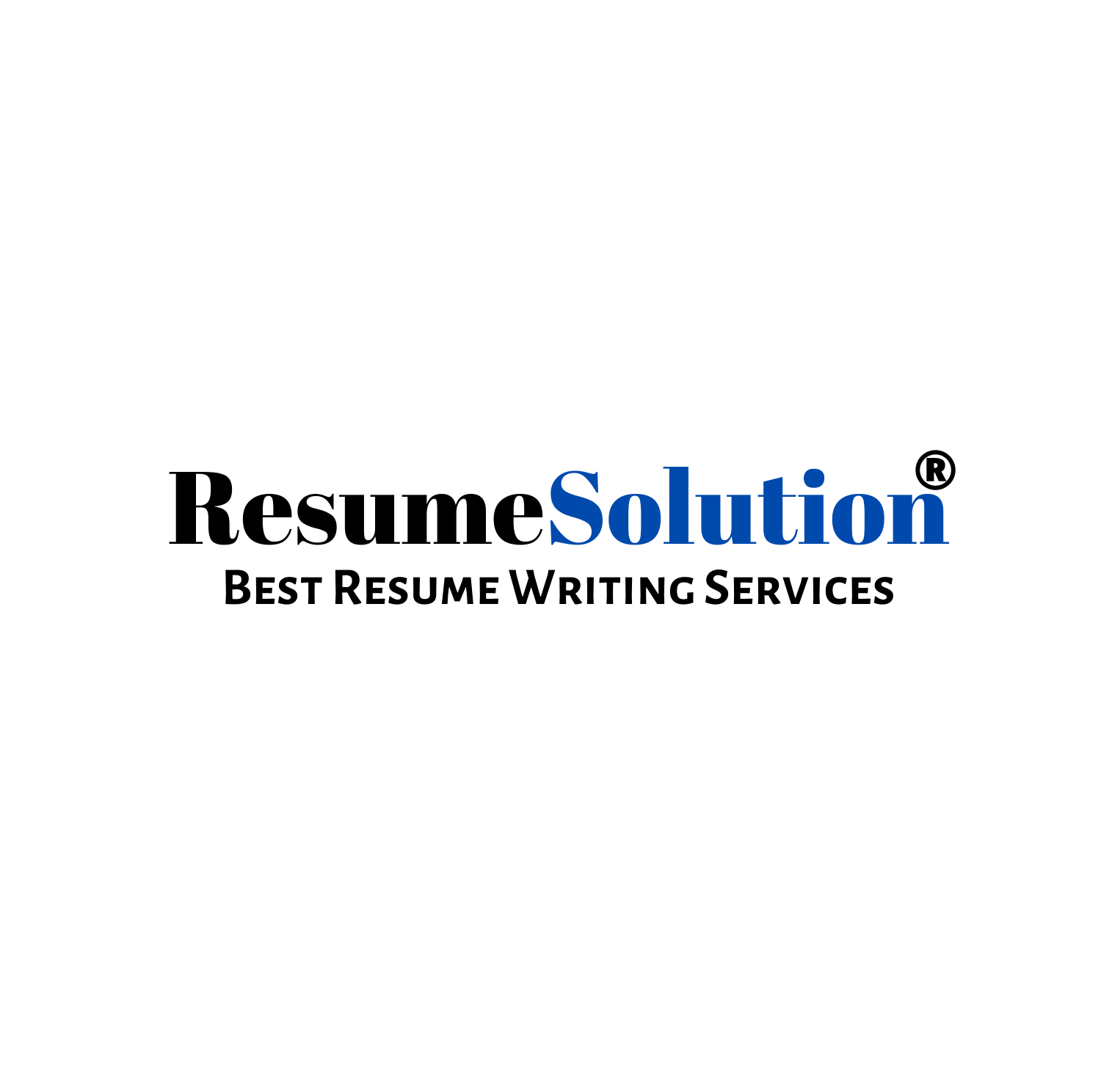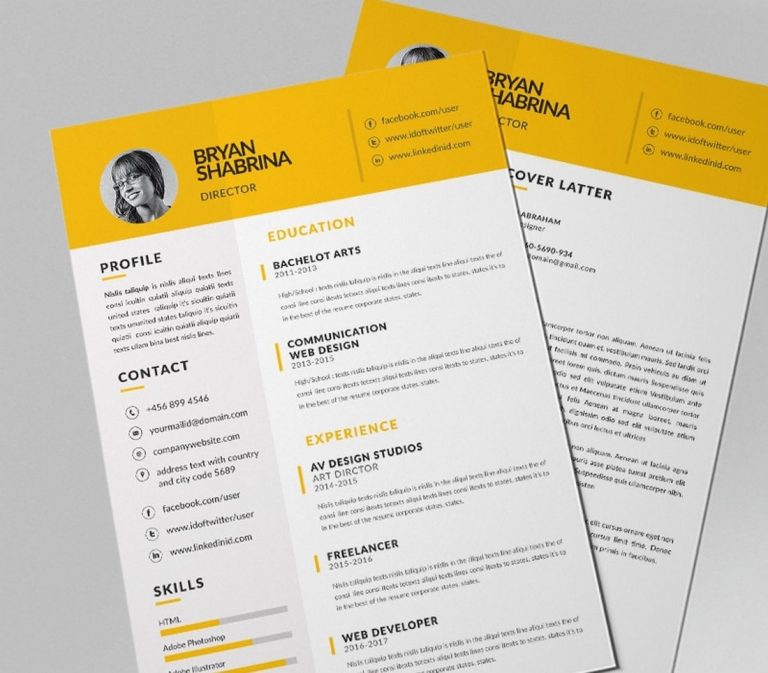5 Steps for Updating Your Resume in a Career Change

If you are changing careers, you need to make sure your resume/CV highlights the skills that will help you break into your new career.
1– Use a hybrid format
The hybrid resume/CV format allows you to prioritize skills over experience. This directly addresses the most challenge with ever-changing careers: you don’t nonetheless have abundant or maybe any ancient employment expertise within the new field.
The hybrid format combines the functional and chronological resume/CV formats. The functional format puts work experience near the bottom of the resume/CV. It leaves off the time span of employment at each job, or it may just include the year(s). This format accomplishes the goal of downplaying traditional experience in favor of skills and other qualifications. The chronological format is the common choice when you are applying for a job you have experience in.
If you’re switching careers, your traditional employment history will not be as relevant to new employers, but you should still include it for clarity and completeness. This is the hybrid format. It places your core skills top on the resume/CV but still includes a chronological accounting of your employment history.
2- Add an objective
An objective is valuable because it swiftly precise your skills and experience, saving time for an employer who may be reviewing many resumes at once. Skills should be relevant to the new career you want to pursue. Be brief but you should be more specific about these skills in this section. You will have the opportunity to go over them in more detail in the skills section.
3- Add a skills section
Skills can be including hard skills and soft skills. Hard skills are quantifiable skills that can be directly taught. You typically learn hard skills in a very formal setting, like in class or a educational program. You can show a potential employer that you are attaining the skill set you’ll need by saying things like, “Developing Java skills through personal study and projects,” or “Developing social media marketing skills through freelance work.” This allows you to state the hard skills you will need to be recognized and how you are obtaining them. Even if you don’t yet have the talent set of somebody with expertise within the career, you’ll show the recruiter that you are working on it.
Soft skills are not quantifiable and can be settled in a wide variety of settings. They are usually associated with social and individual success skills, like work ethic, motivation, and able to handle pressure and organization. Soft skills are important for being a successful part of a team, so they are worth incorporating into your skills section. These are also more likely to be your transferable skills.
4- Revise your employment information
Add brief bullet points to each entry to highlight transferable skills that are relevant to your new career. Changing the focus to the skills you’ve used in your career, rather than your job duties, will let you get the most out of your employment section by highlighting skills that an employer in your new field would find appealing.







